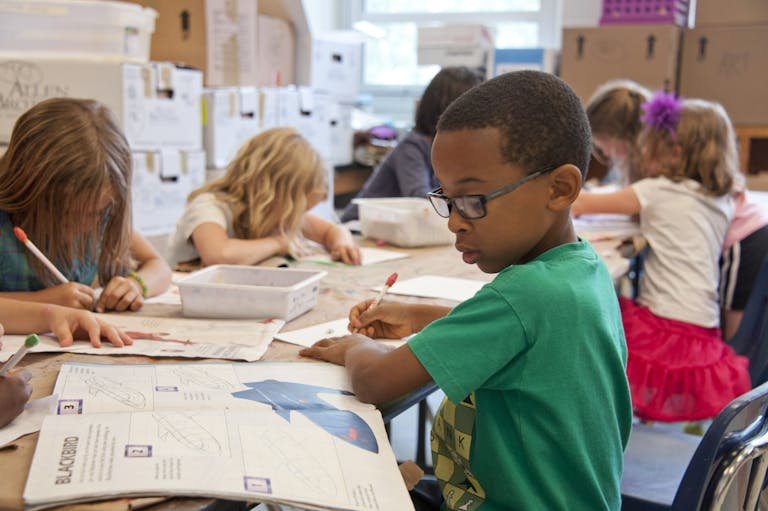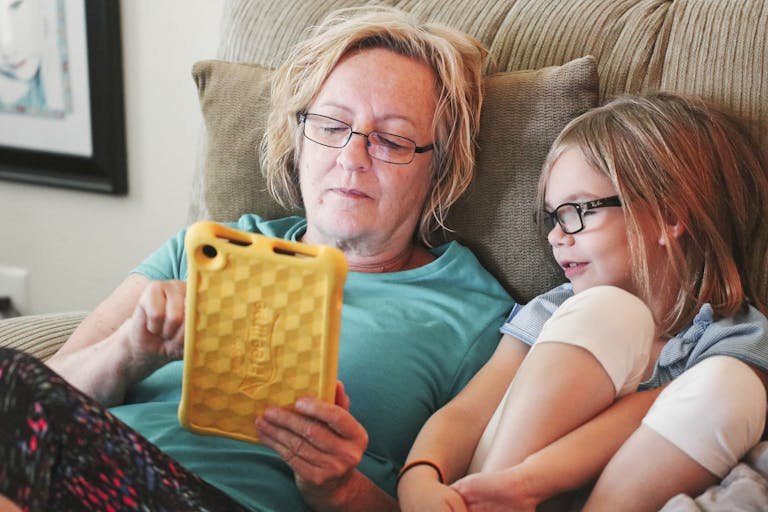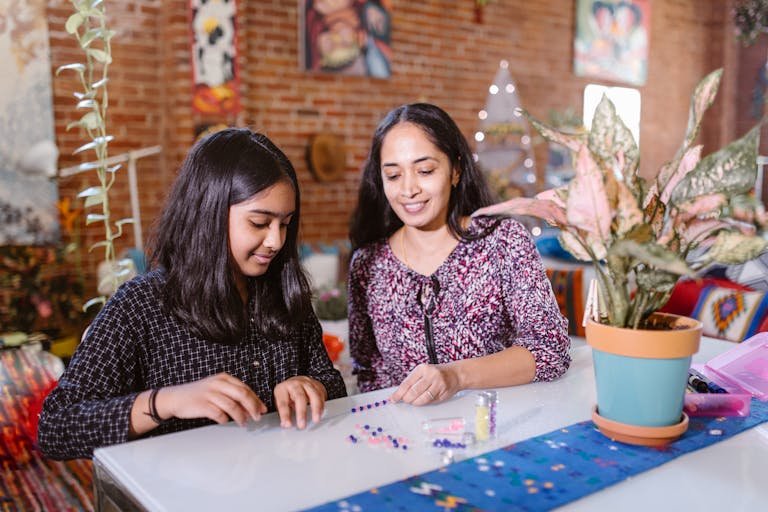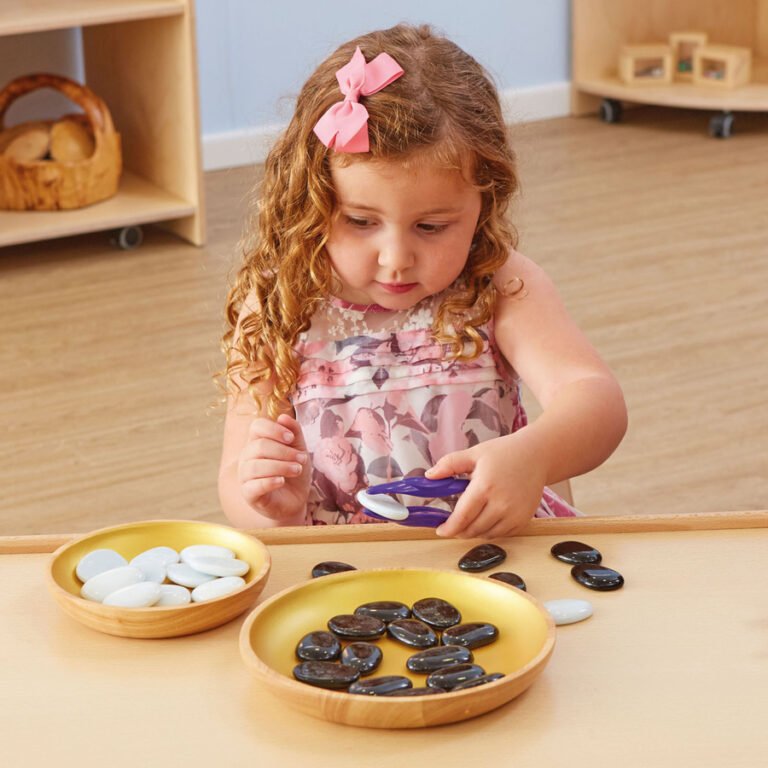ABA Enhances Learning in Childhood Education
Recently, while reading the book “Io scelgo tutta un’altra scuola” by Marzia Bosoni, I was reflecting…
Orders over $15 receive free shipping. Dismiss
Articles dedicated to Early Elementary (5-8) age group

Recently, while reading the book “Io scelgo tutta un’altra scuola” by Marzia Bosoni, I was reflecting…

Toilet training can feel like climbing Mount Everest, even with neurotypical kids. But when you’re guiding an autistic child through this incredible milestone, it often feels like you’ve got a whole new set of challenges to navigate. And you know what? That’s perfectly normal!

Let’s chat about something truly close to our hearts: helping our incredible neurodiverse kids navigate the beautiful, sometimes bewildering, world of feelings. If you’re anything like me, you’ve probably spent countless hours wondering how to truly connect with your child or client on an emotional level, helping them understand what’s bubbling up inside and what’s happening with others around them.

Just recently, the mom of an incredible teenager – who, by the way, has made some seriously awesome strides in his everyday life after only five months of ABA – dropped that exact line on me. So, I had to ask, right? “Why the wait?” And her answer? It was pure, unadulterated fear.

At its heart, AsTeRICS Grid is a multiplatform web communicator. Think of it as a customizable digital board that uses pictograms, images, and text to help individuals express themselves. The “Grid” part refers to its flexible layout system – you can create communication boards with cells containing words, phrases, or symbols that, when activated, speak out loud.

Okay, let’s dive into this! That feeling when you see a note from school in your…

When your child experiences those huge reactions – the ones that might look like massive tantrums, complete shutdowns, or anything in between – it’s so easy to feel lost, frustrated, or even judged. But here’s something crucial I want you to hold onto: These intense moments are very rarely about defiance or being ‘bad.’ They are almost always involuntary responses. Think of it like a system overload, a distress signal saying, “I can’t cope right now!”

This is where beads and buttons become your secret weapon. Seriously. Picking up those tiny objects, holding them just right, threading them onto a string or pushing them through a buttonhole – we’re talking about fundamental fine motor skills here. Dexterity, pincer grasp, hand-eye coordination.

Okay, let’s switch gears and talk therapist-to-therapist, or therapist-to-parent-who-feels-like-a-therapist-sometimes, about those moments where a skill feels…